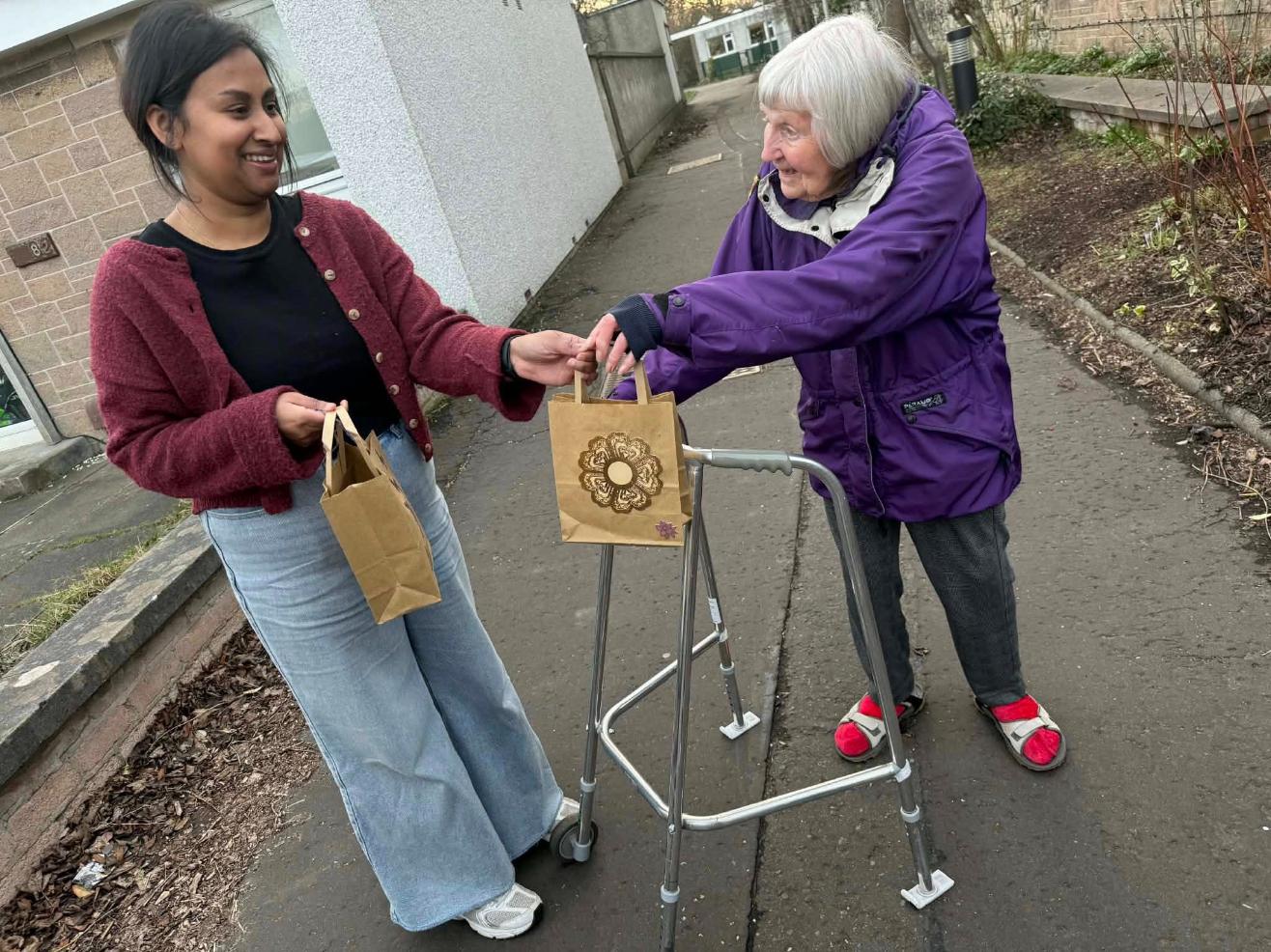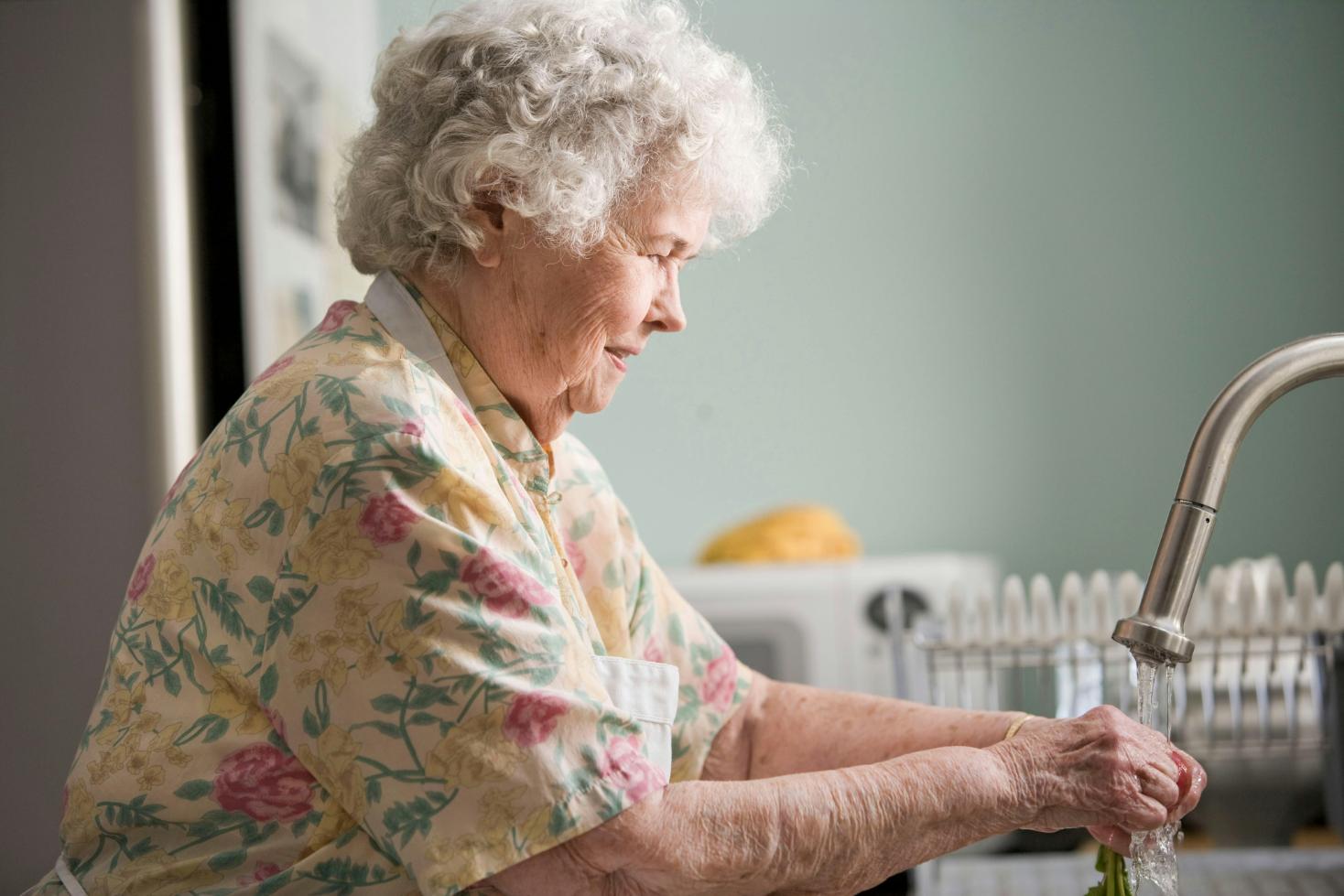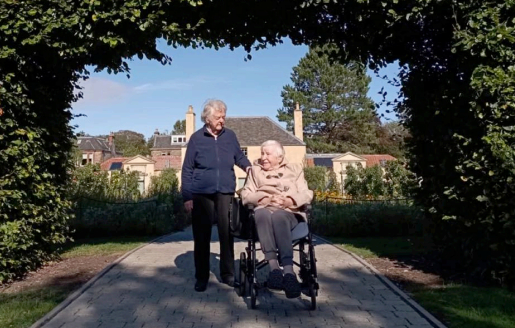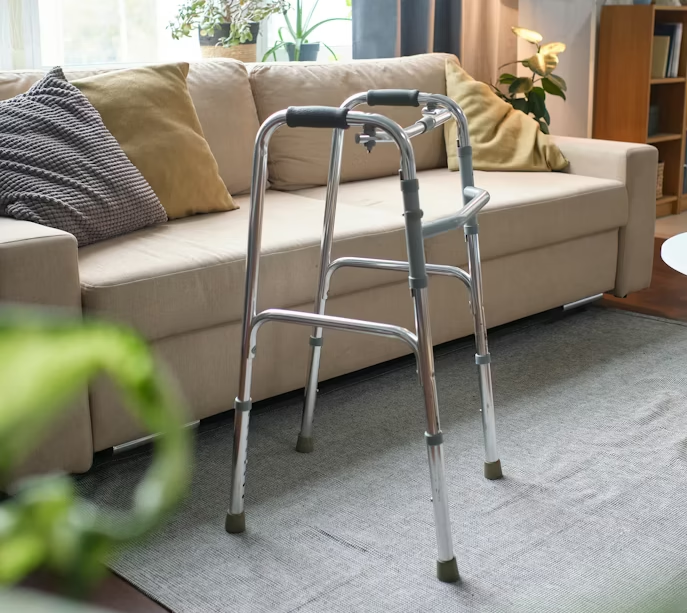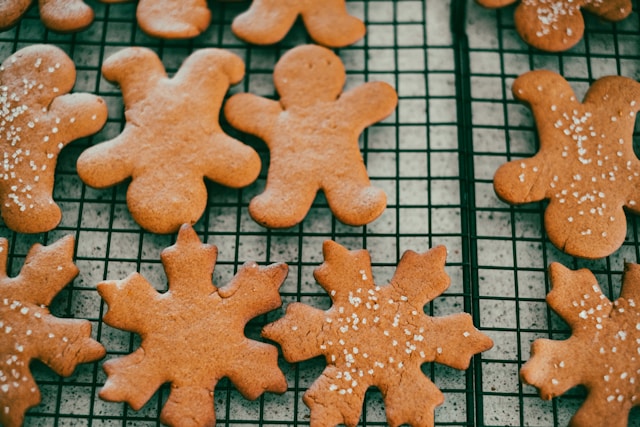Tips for Older Adults Staying Warm in Winter
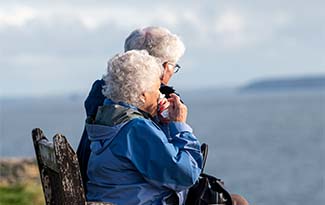
Knowing the best ways to stay warm during the winter and understanding why this is so important can be difficult, so we have listed our best tips for staying warm this winter for you to use within the care home or with your loved ones.
Staying warm during winter is essential for maintaining good health, especially for older adults. Colder temperatures can affect circulation, mobility and the immune system, so taking a few simple steps can make the winter months safer and more comfortable. Below, we have refreshed our winter advice with the latest guidance, practical tips and helpful insights, whether you are supporting a loved one or considering additional care options.
As we age, our bodies naturally change. The immune system weakens, muscle mass declines and the ability to regulate body temperature becomes less efficient. These factors make winter a challenging time for many older adults. Although long-range forecasts for winter 2025 suggest a mix of cold spells and milder periods, it is still important to be prepared. Fortunately, there is plenty you can do to stay warm, active and healthy throughout the season.
Our top tips for staying warm this winter:
Stay Up-to-Date with Vaccinations
Vaccinations remain one of the best ways to protect older adults from winter illnesses. The flu vaccine continues to be free for those aged 65 and over, and COVID boosters are available annually through the NHS for those who are eligible. These can be arranged through your GP, local pharmacy or vaccination centre. Staying protected reduces the risk of severe illness and helps maintain overall wellbeing during the colder months.
Move Regularly
Regular movement helps improve strength, mobility and circulation. Even light activity has benefits. Making a hot drink, gentle tidying, taking a walk around the home or stretching throughout the day all support better warmth and comfort.
For those with reduced mobility, seated exercises are very effective. Keeping active not only helps with warmth but also boosts energy and mood throughout winter.
Review Your Diet & Stay Hydrated
Appetite and thirst often decrease in winter, which can lead to dehydration and low energy. Eating nutritious meals and drinking water regularly help maintain body temperature and overall health. Hot meals such as soups, stews or slow cooker recipes are ideal as they are warming and easy to prepare. Hot drinks throughout the day also contribute to comfort and hydration. Organisations such as Age UK offer useful guidance on healthy eating for older adults.
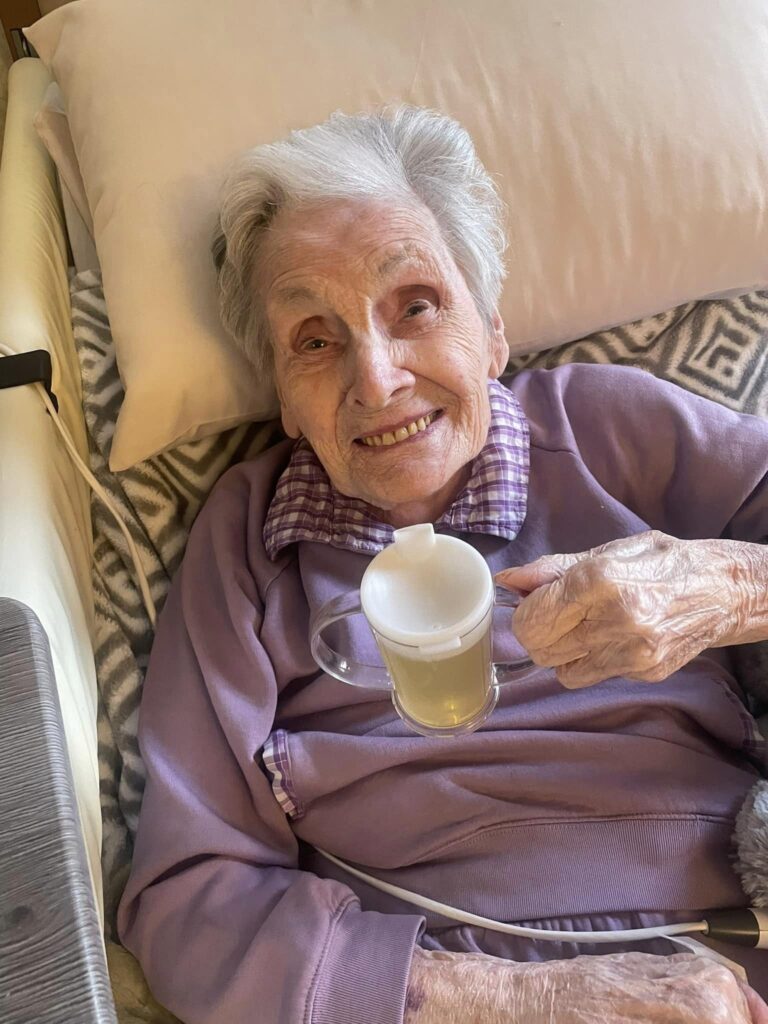
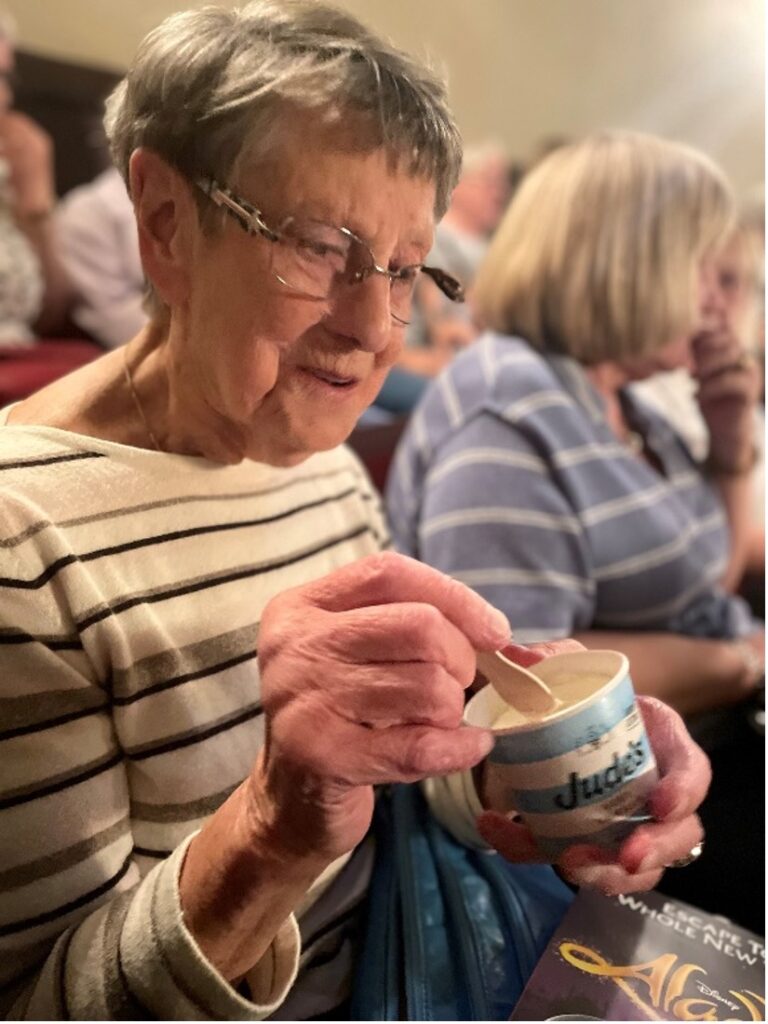
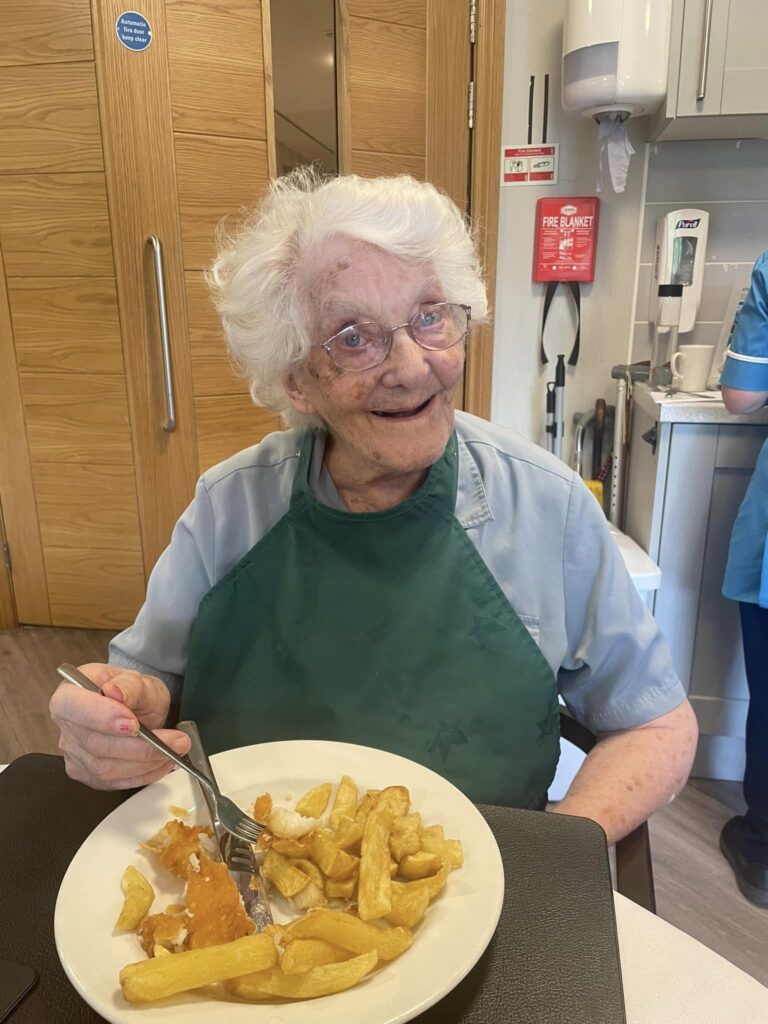
Stay Warm Indoors
Keeping your home warm is key to staying well. If possible, set your heating between 18 and 21 degrees Celsius during very cold weather. If rising energy costs are a concern, there are simple and affordable ways to retain heat. Close curtains to reduce heat loss, use draught excluders, and check that radiators are working efficiently. Layering clothing also helps trap warmth around the body. Electric blankets, hot water bottles and wearable blankets can provide additional comfort on particularly chilly days.
When sitting for long periods, it is helpful to elevate your feet slightly, as air is cooler at floor level. In bed, thermal layers, warm socks and extra blankets can help maintain body heat.
Stay Warm Outdoors
Fresh air and gentle activity are still important during winter, but it is essential to dress appropriately. Hats, gloves, scarves and layers help regulate temperature. Covering your mouth with a scarf warms the air before breathing it in, which makes cold weather feel more comfortable.
Cold feet can increase blood pressure, so choosing footwear with warm linings or wearing thicker socks helps maintain warmth. Multiple thin layers are more effective for outdoor warmth than one thick layer because they trap heat better.
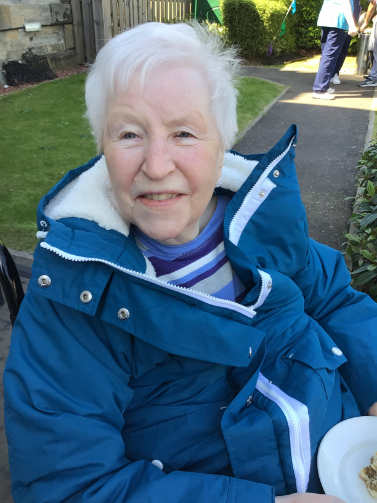
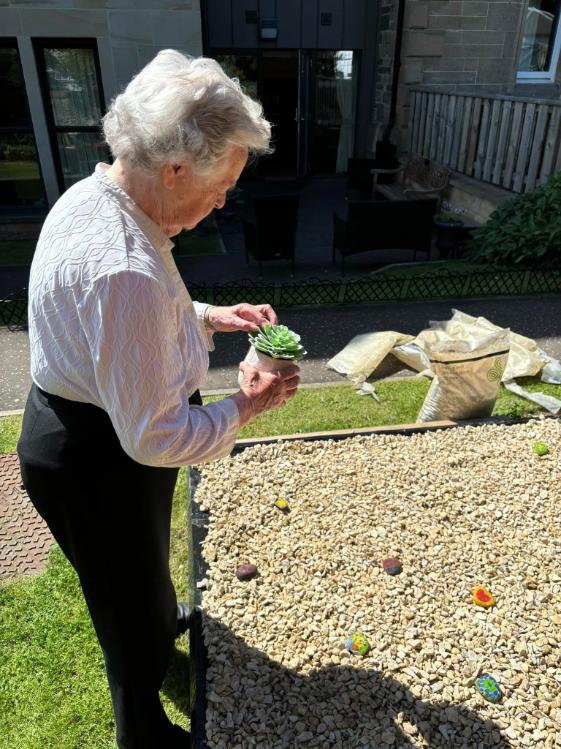
Limit Germ Spreading
Seasonal viruses increase during winter, so taking small precautions can help protect older adults. Washing hands regularly with warm water and soap is one of the most effective ways to prevent illness. Hand sanitiser can be used when moving between rooms or after touching shared surfaces.
Keeping frequently touched items clean, such as remote controls, walking aids and phones, also helps reduce the risk of infection. Staying updated with NHS vaccination guidance and checking in with your GP or pharmacist is particularly important for anyone with long-term health conditions. At Trinity House, our team maintains high hygiene standards and ensures communal spaces remain clean, comfortable and well-ventilated throughout winter.
Creakyjoints.org have provided a helpful graphic showing how to wash your hands effectively:
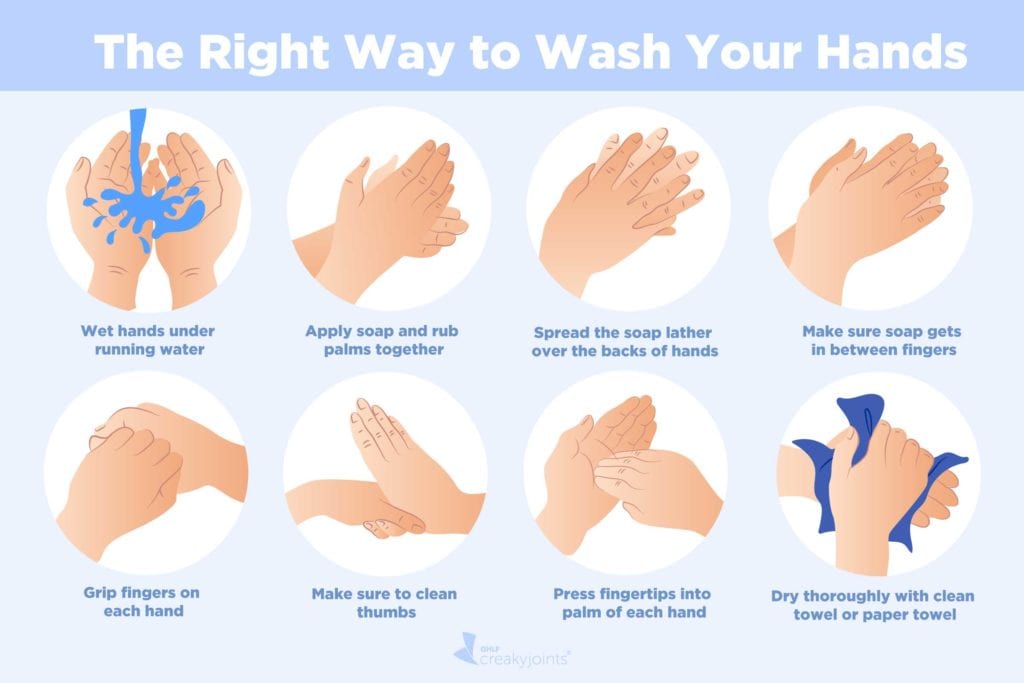
Boost Your Vitamin D Intake
With shorter days and reduced sunlight, many adults do not get enough vitamin D during winter. The NHS recommends that people aged 65 and over take a daily vitamin D supplement during the colder months. Foods such as eggs, oily fish, yoghurt and fortified cereals are also good sources. If you are unsure about supplements, your GP or pharmacist can advise on what is suitable.
Avoid Chilblains
Chilblains are itchy, red swellings caused by the skin reacting too quickly to cold temperatures. They usually appear on toes, fingers, ears or the nose. To reduce the risk, keep warm, avoid sudden temperature changes and ensure footwear fits well. If chilblains do not improve within two weeks, seek advice from a healthcare professional.
The winter time can feel isolating; alongside friends, family and loved ones, you can also contact the following should you need additional support and advice:
- Age UK Advice: 0800 169 65 65 / www.ageuk.org.uk
- The National Careline: 0800 0699 784
- GOV.UK / www.gov.uk
- NHS Website / www.nhs.uk
How cold weather affects older adults
Most commonly, elderly persons are affected by low temperatures and cold weather by:
- Limited Ability to Regularly Body Temperature
The elderly may experience a reduced ability to control and regulate body temperature. Our cold tolerance is effected as we age due to our metabolism slowling, fat layers under the skin starting to thin and blood vessels losing elasticity. In addition, those living with health conditions are more likely to be effected by the cold or may experience an increase in cold sensitivity due to a health condition. - Medication Can Alter Body Temperature
Those with conditions of chronic illness and those who are taking multiple medications can be more vulnerable to the cold. Certain medication can alter a persons body temperature. It is advised to speak to a GP or Pharmacist regarding the medication you are taking to see if / how it may effect yours. - Poor Nutrition
The body temperature system is tightly controlled and nutrients play an important role in supporting it. Ensuring a few key nutrients are incorporated within your diet can help support a balanced body temperature. - Limited Mobility
Being active, carrying our regular exercise or making plans become more difficult and unappealing as the temperature drops and the bad weather creeps in. A reduction in mobility will effect body temperature; with elderly persons more likely to remain inactive at home during the winter, its important to incorporate light exercise and small movement to your day.
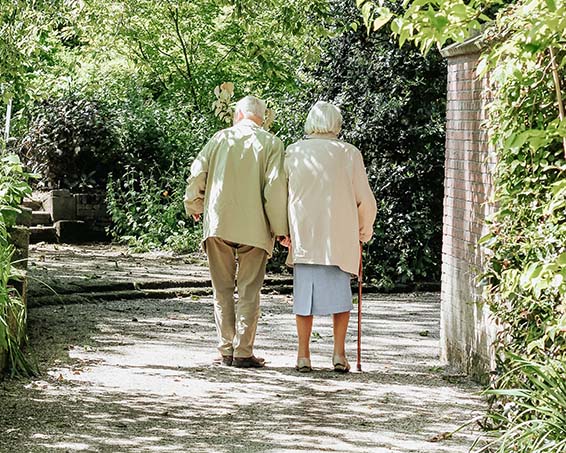
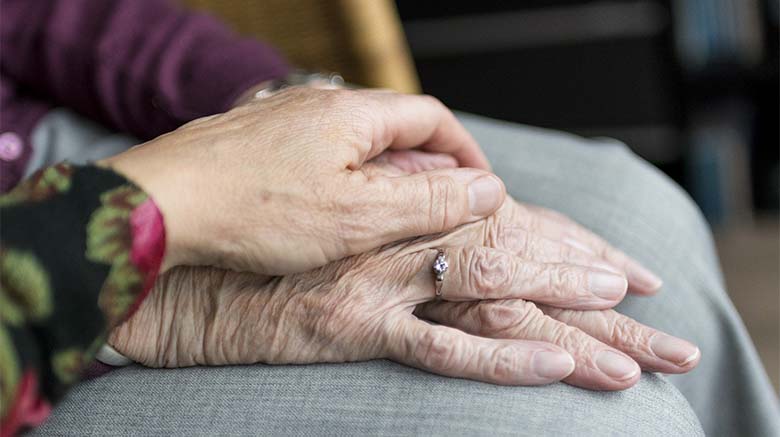
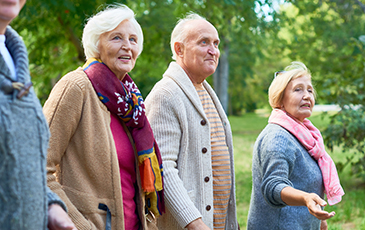
Support at Trinity House Care Home in Edinburgh
At Trinity House, we provide a warm, comfortable and secure environment throughout winter and all year round. Our care home in Edinburgh offers Nursing Care, Residential Care, Dementia Care and Respite Care delivered by a dedicated and compassionate team. Residents enjoy a safe and supportive setting where warmth, comfort and wellbeing are prioritised.
Our activities programme includes gentle exercise sessions, moving and stretching routines and meaningful activities that help residents stay active during the colder months. With all heating, meals and daily support included, living at Trinity House removes the worry of rising energy costs and ensures older adults can enjoy a comfortable winter without the stress of managing a household alone.
If you are concerned about a loved one’s well-being this winter or would like to learn more about life at Trinity House, our friendly team is here to help. We welcome you to get in touch to ask questions, arrange a visit or discuss care options that suit your needs.
This blog post was updated on Monday, 24th November 2025.

